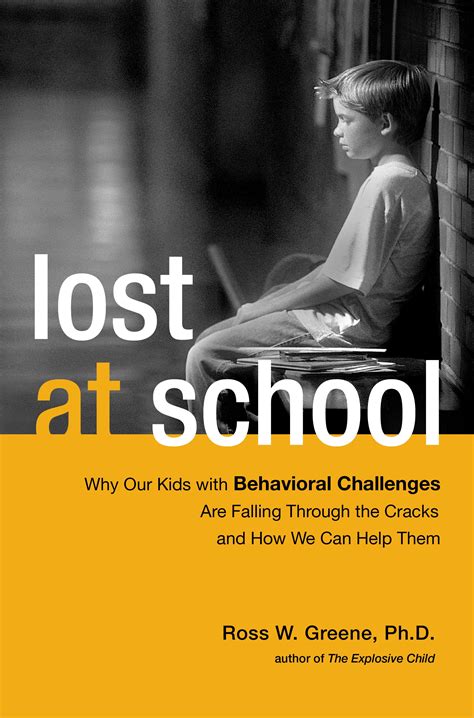A Quote by Steven C. Hayes
Antidepressant medications, you still have some depressive thoughts. Antipsychotic medications, you still have some psychotic symptoms for the vast majority of the people taking them. But it gives them a little separation, and it doesn't control his behavior as much when you have a sad feeling, difficult thought, an odd perceptual experience. We can teach people those exact skills in therapy, you get longer-term benefits and without the side effects. So don't be sold just because a commercial interest wants to sell you things.
Quote Topics
Because
Behavior
Benefits
Commercial
Control
Depressive
Difficult
Effects
Exact
Experience
Feeling
Get
Gives
His
Interest
Just
Just Be
Just Because
Little
Longer
Majority
Medications
Much
Odd
People
Psychotic
Sad
Sad Feeling
Sell
Separation
Side
Side Effects
Skills
Sold
Some
Still
Symptoms
Taking
Teach
Term
Them
Therapy
Things
Those
Thought
Thoughts
Vast
Vast Majority
Wants
Without
Related Quotes
Let's take something like antidepressant medications. There's decent science saying it has an effect, but it's shockingly small after you control for penetration of the blind, people knowing that they're getting the active pills versus sugar pills, if you use an active control. It's probably only a few points. But it's a multi, multibillion-dollar industry. And by the way, has huge side effects. 40 percent of the people taking them have significant sexual side effects. And that's just one. A single antidepressant medication can be worth a billion dollars to a company.
The prescribers very often overstate, oversell, and the detail people are only too happy to tell them to do that. This idea that there's something wrong with your brain, and by the way, almost never are these antidepressant medications evaluated with what will happen if you're on them for three, four, five, 10, 15 years. Sometimes some of the side effects that come up come up only later, and sometimes they're very severe, even irreversible side effects.
In terms of what happened over that hiatus that I took, I just rested. I spent that time with my family, during their really formative years, and enjoyed that, and I messed with pills and new medications that help me to deal with dyskinesia and some other things I was struggling with, that I don't have as much now because of medication to counter the side effects. So, it just seemed like the right time to do it.
I want good science, and I want it to be realistically marketed. I wouldn't like only two countries on the planet that allow pharmaceutical companies to market directly to people, New Zealand and the United States. It ought to be better regulated. And when it's presented to people, it ought to be presented in a way that's realistic. For example, often people will prescribe antidepressant medications, and we'll say, you have a brain disease; you'll have to be on these medications permanently. There is no biological marker for depression. It's not true that we know that it's a brain disease.
Now narcolepsy is really hard though because they're very tired during the day, they're sleepy during the day and it's managed mostly with medications. So we use medications to help them sleep better at night and to stay away during the day. But there are behavioral things you can do also by changing diet, exercise, having an actual nap schedule.
We need to get the government out of the way. Inflation hits the middle class and the poor the most. Those are the people who are losing it. We don't have enough competition. There's a doctor monopoly out there. We need alternative health care freely available to the people. They ought to be able to make their own choices and not controlled by the FDA preventing them to use some of the medications.
Denial is not always a bad thing. Without it, you couldn't function. For instance, if you were hyperaware and hypervigilant regarding all the dangers in the world - from driving your car to crossing the street to eating food that might have contaminants in it to taking medications that have many side effects, etc. - you would become frozen.
Some parents were awful back then and are awful still. The process of raising you didn't turn them into grown-ups. Parents who were clearly imperfect can be helpful to you. As you were trying to grow up despite their fumbling efforts, you had to develop skills and tolerances other kids missed out on. Some of the strongest people I know grew up taking care of inept, invalid, or psychotic parents--but they know the parents weren't normal, healthy, or whole.
There's some debate as to whether you need to awaken from them because there are some patients who are actually starting to say, "I had these horrible nightmares, but I never woke up from them." But they can still recall them when they get up in the morning. So there's still some debate in the field.
For a very long time, people have been saying to me, "What if you want to do this approach with every kid?" For a behaviorally challenging kid, you're parenting this way just to help bring the kid's behavior under control and to greatly reduce conflict. But you want to teach all kids the skills that are on the better side of human nature: empathy, appreciating how one's behavior is affecting other people, resolving disagreements in ways that do not involve conflict, taking another's perspective, honesty.





























